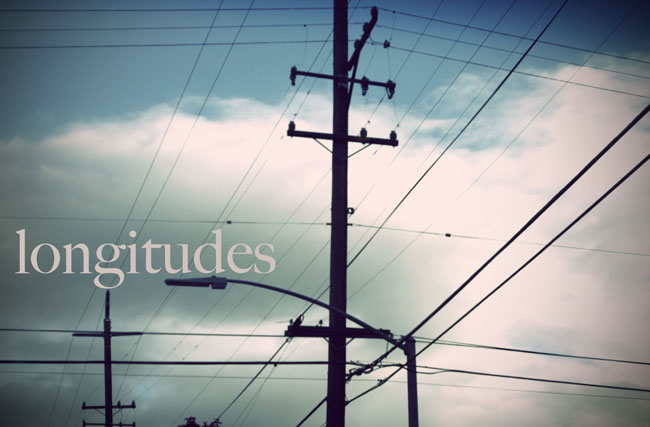What the hell am I doing here?
At first glance, creativity and journalism appear to contradict one another.
The current state of journalism is changing. The usage of the term objectivity has become rather unfashionable due to its obvious shortcomings. If journalism is a conversation, then each participant views the news through a lens unique to that person. Each person has values and beliefs. Individuals all experience a certain up-bringing, an education and so on.
What is held in high regard is procedural journalism. Professionals need to consider the methods that they use, and the means by which they access their information.
The basic news report remains a bare bones report on daily events. In most cases such reporting requires little interpretation or analysis. The role of the news wire reporter is to present the facts from a well-rounded set of sources and view points.
The question remains, what is a journalist doing in a creative writing literary course?
I concede that creative writing is an undiscovered country for me. I know not the structures of poetry, nor the values attached to such constructs. I struggle with abstract thought. Yes, I am emotional, but I am being trained to shed that emotion while I build sound news reports, and conduct professional interviews.
I haven't the faintest about creating a fictional work. I do recognize the value of a healthy imagination, and the beauty associated with immersing myself into vacations to written fictions.
I was told recently that the pillars of journalism ought to be independence, originality and verification. I do not know yet how verification will fit into my hybrid approach, but relevance can be found in the other two.
Originality. This has obvious value in both journalism and creative writing. If you haven't created anything in both respects, then you have nothing. Originality presupposes creativity, innovation and curiousity.
Independence. As a creative writer I suspect you need to develop and maintain a voice. A voice that is yours and yours alone. You are forever connected to your work, and that work must be free from outside interests. Not an easy objective. A poet, or a songwriter, or a novelist all need to pay the bills. Introducing your work to the market is a complicated process, and a process that can pick melt away aspects of your work that are value-laden and writhe with messages.
The commercial business of journalism complicates matter for us too.
Two things are happening to journalism today. The first is that journalism is becoming alarmingly concentrated. It is increasingly difficult to find unique perspectives in the Canadian media, when television stations, newspapers and radio are operated under one banner.
According to its website Canwest alone operates 12 of Global TV's regional channels as well as 26 other "specialty networks." Canwest is "capturing 30.1% of commercial specialty network viewers in Canada."
Canwest, through its wide-reaching newspaper business also informs 4.9 million Canadians daily about what Canwest feels is newsworthy.
As a reporter working for one of Canwest's operations, how would I maintain my own sense of independence when I am but one member of an enormous conglomeration? I am vulnerable to the executives, and the executives are vulnerable to the commercial interests of their advertisers.
The other thing that is happening is that journalism is becoming increasingly fragmented. How can two completely contradictory events be happening in unison?
Technology, all built upon the foundation of the internet, is stripping down the mandate of media companies. Journalists emerging from schools today are equipped with the professional and procedural aspects of reporting and story-telling that is necessary for the ethical delivery of news, but they are also becoming equipped with the means to deliver that message free of corporate interests, and vast commercial interactions.
Through blogs, websites, podcasts, and social-networking it is becoming much easier to broadcast yourself to the world. It's as if all of us now possess our own printing press.
As a journalist I can blend professional ethics with the tools long held by artists. Creative writers can guide me down a road of curiousity, passion, imagination and new forms of story-telling.
Truth lives in these forms as well.
Monday, October 5, 2009
Subscribe to:
Post Comments (Atom)

We're happy and fortunate to have you, Evan! We're all grappling with similar issues, regardless of our storytelling medium (journalism, fiction, poetry, playwrighting, etc.) What lens are we looking through? Who is speaking (and what are our responsibilities if we are speaking for them)?
ReplyDeleteI think that we are all attempting to write towards some form of truth, each in our own way. Whether we manage to get there successfully is the adventure we're all undertaking.